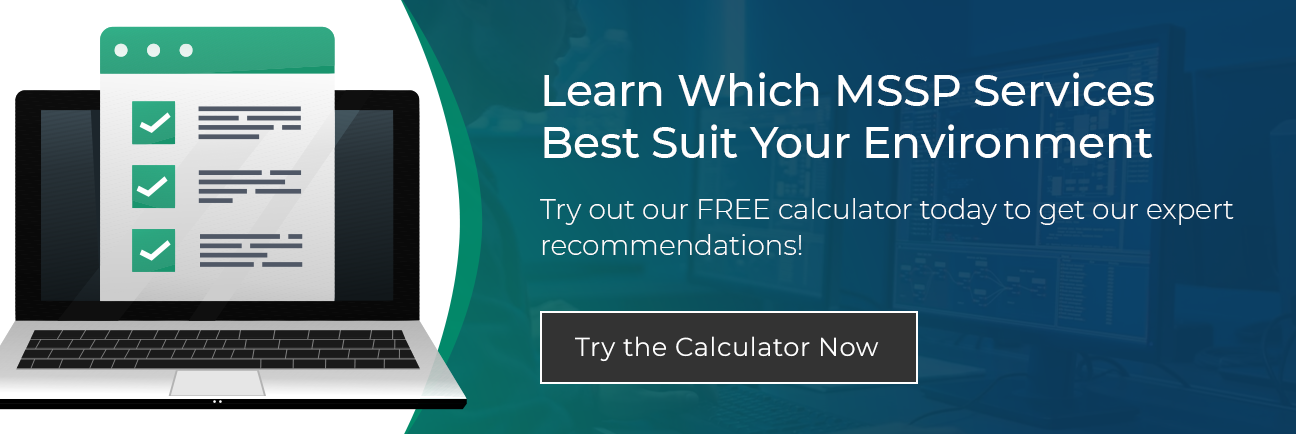Protect Your Workforce with These Email Security Tips
Your company’s email communications might be helpful and/or overwhelming, depending on how quickly your inbox replenishes every hour. Important information is communicated between you and your colleagues, customers, and any external resources to keep your operations running smoothly. While the average person has a love-hate relationship with their email, there’s no doubt that utilizing this form of communication is essential to your business, no matter what your field is.
Hackers and other malicious actors recognize how vital email communication is for enterprises and thus make inboxes a target for cyber attacks. That’s why it’s crucial that your company secure your workforce, especially those who have remote operations, with email security tips and good cybersecurity practices.
Keep reading to learn more and safeguard your company’s information, network, and assets!
Why Securing Your Email Is Critical to Protecting Your Workforce
There are several reasons why securing your company’s email is vital to protecting your workforce, including a few startling cybersecurity stats related to cyberattacks that manifest via email:
- There were nearly 324,000 phishing emails in 2021
- Phishing cost businesses more than $44 million in losses in 2021
- Malware is distributed via email approximately 92% of the time
- Business Email Compromise (BEC) is the type of fraud that results in the biggest financial losses; in 2021, more than $2.4 billion was lost due to BEC
Statistics like these demonstrate that email security and good cybersecurity practices are critical to keeping your company, network, assets, and other information protected against malicious attacks.
Whenever your company is under attack or is successfully compromised, you lose time, money, and intangible assets like your customer’s trust and public reputation. Attackers know that there are multiple ways to exploit your company’s email communications ranging from phishing emails to gaining credentials that are protected with flimsy passwords.
Since your business communicates important information via email, especially in the context of a remote workforce, it’s vital that you and your employees take appropriate measures to keep your email secure. Taking steps to protect your email dovetails perfectly with protecting your company and financial performance.

Top Challenges with Securing Email Communications
There are a few key challenges with securing your company’s email communications, including the following:
Lack of Awareness
Most people likely assume that their email is safe and secure because they have to enter their password to access it. While this is an important step, it’s simply not the full truth! Emails can cause compromised security situations even after a user enters their password, whether that entails downloading malware or writing out credentials in a reply to a spoofed email address.
Unused Multifactor Authentication Abilities
It’s annoying to take another step when accessing your email, but two-step or multifactor authentication is a critical process for securing your email. If your company chooses to not enforce an MFA policy, then you’re putting your data at risk.
Outdated Policies Like Allowing Automatic Forwarding to Outside Organizations
Automatic forwarding to outside organizations can be exploited by attackers who hijack and redirect email replies to external folders that they can control. This means your employees might be sending important information via email and not receiving any response, which can lead to other suspicious activity.
Secure Your Workforce with These 3 Email Security Strategies
Follow these steps and good cybersecurity practices to keep your email, employees, and enterprise secure against malicious attackers:
Implement User Training and Phishing Exercises
Your employees might not know what a phishing email looks like and they might be too trusting of an email that looks similar to their boss’s email address. One surefire to keep your enterprise secure is to incorporate training and phishing awareness exercises into your corporate curriculum.
Onboarding training should definitely include malware and phishing awareness training, but it’s a good rule of thumb to maintain this training and require a refresher course every so often. Email phishing schemes continue to evolve in sophistication and frequency, so empowering your employees with the knowledge of how to spot and report phishing attempts is vital to your company’s security.

Mandate Multifactor Authentication
A study by Microsoft found that enabling strong multifactor authentication measures stopped 99.9% of malicious attacks. That’s a huge win for securing your company, and it’s relatively painless, too! Sure, it’s a small inconvenience to have to enter a temporary code or approve a login via a third-party application, but it’s nothing compared to the inconvenience of a successful threat actor compromising your company.
Review Cybersecurity Policies on a Regular Basis
The cybersecurity threat landscape is constantly changing, which is why it’s important to review your existing policies every so often and evaluate if they hold up—or if they need to be updated. For example, allowing automatic forwarding to outside organizations can lead to compromised email activity that your employees might not even be aware is happening. As threat actors continue to relentlessly attack companies via their email communications, it’s essential that your policies reflect your company’s efforts to secure your data.
Safeguard Your Email and Assets with Compuquip Today!
As technology continues to be ever more integrated with our personal and professional lives, it’s more important than ever to keep it secure. Emails are one such vector that keeps your business running smoothly, and yet are also one of the most effective ways that attackers can compromise your company.
If you’re ready to elevate your enterprise’s cybersecurity posture, then turn to the experts at Compuquip today! Our team has decades of experience and dozens of pertinent industry certifications; we’re eager to keep your company protected against threat actors and keep your operations running smoothly.

